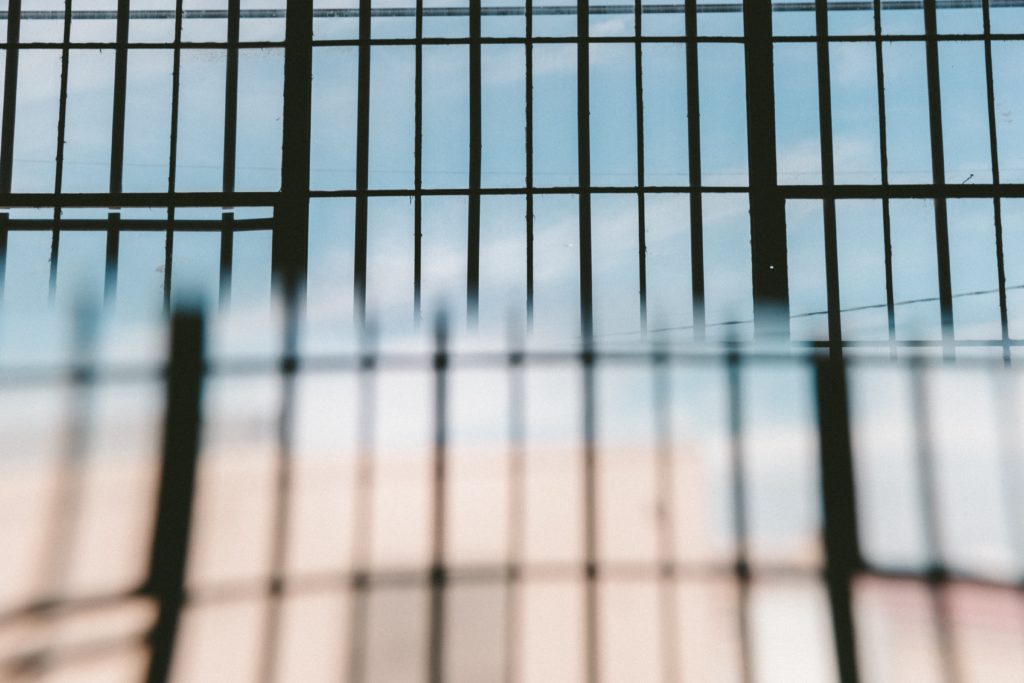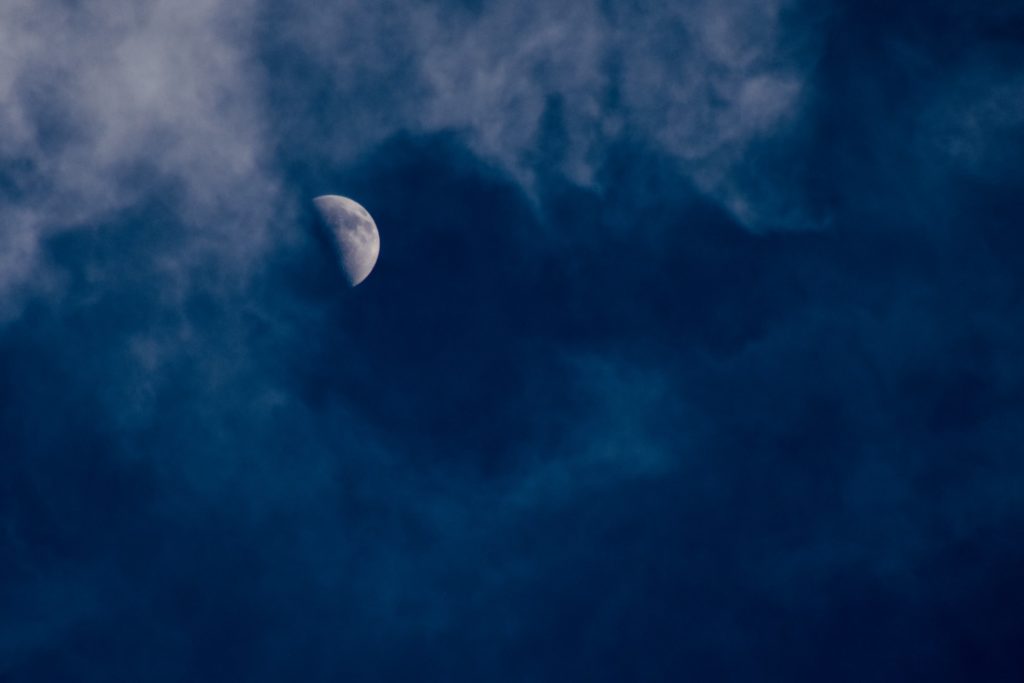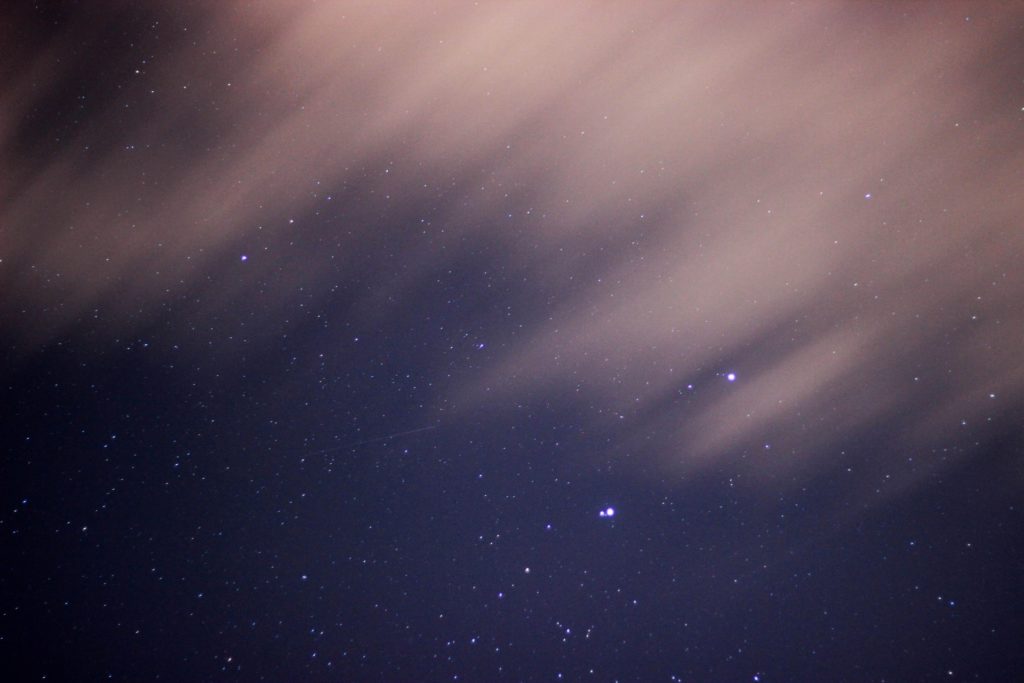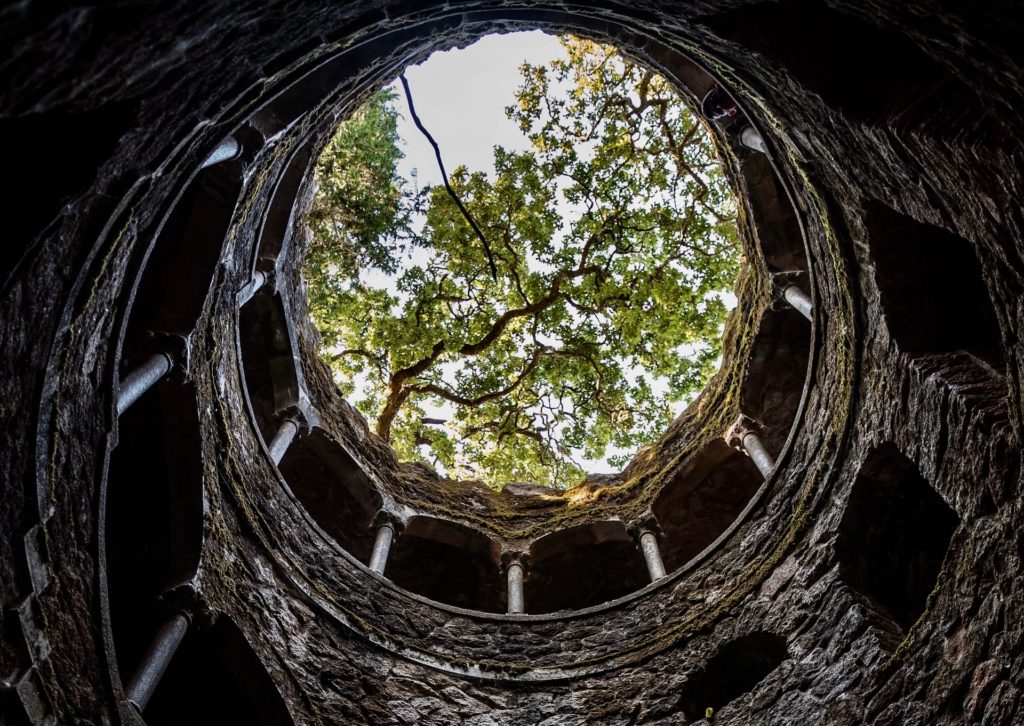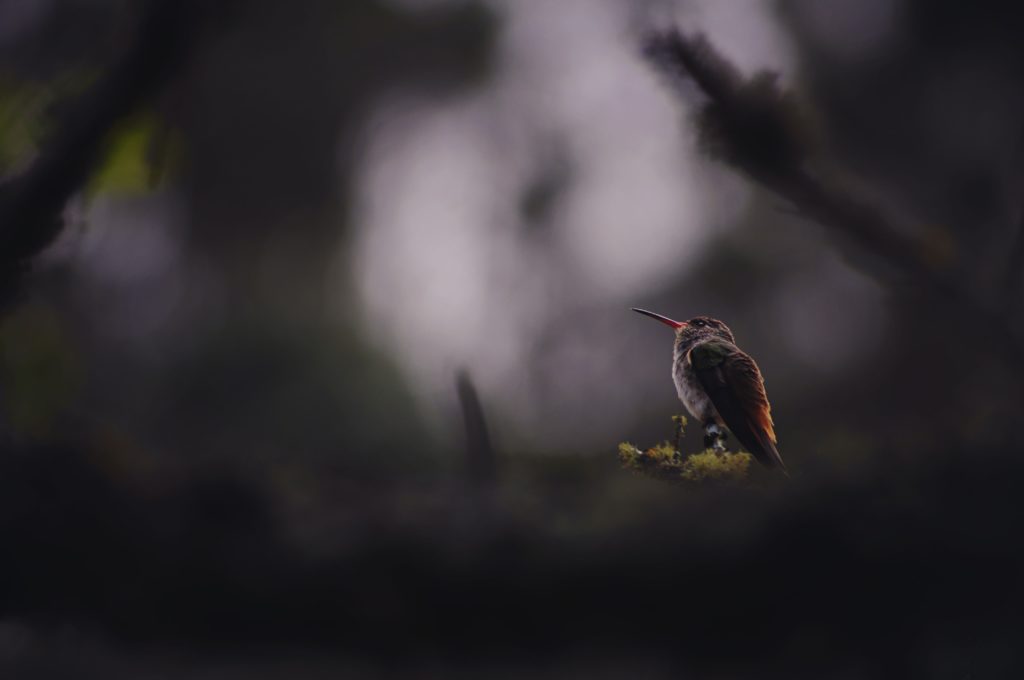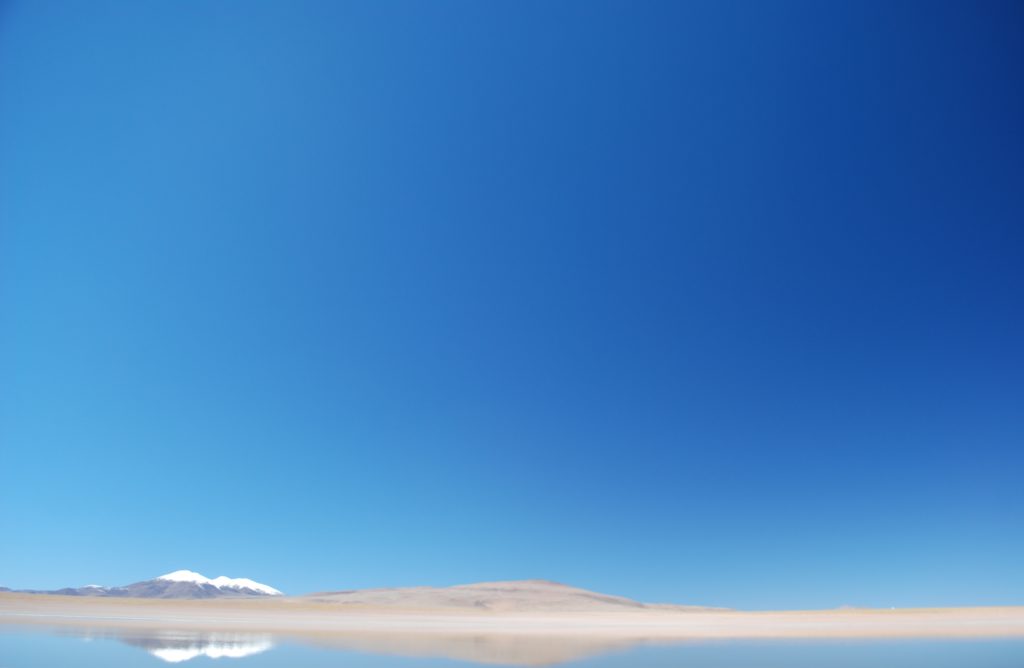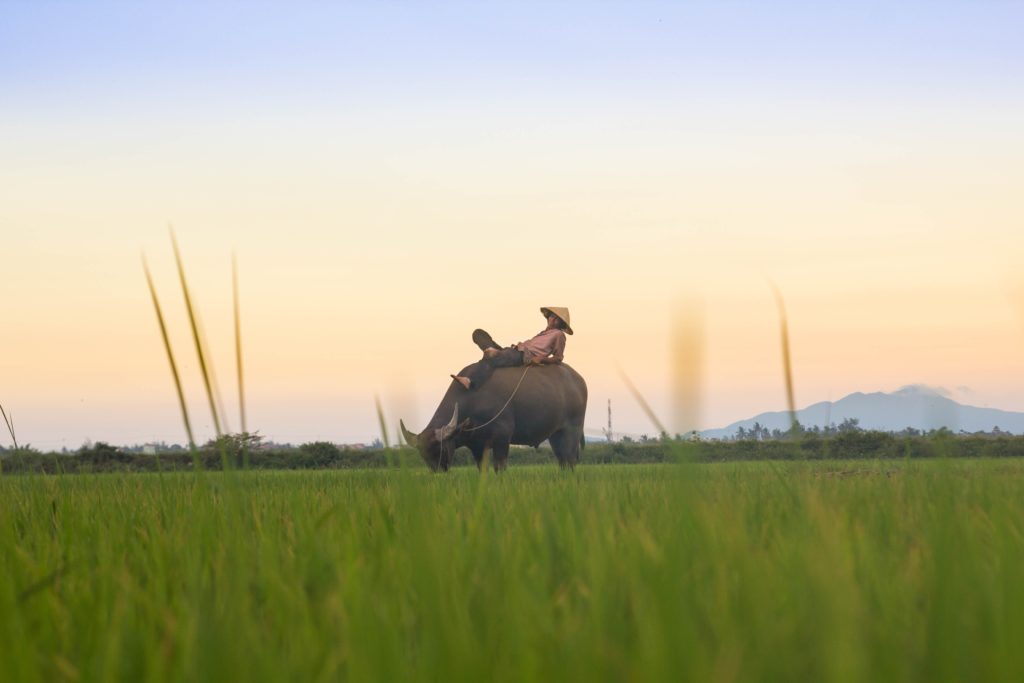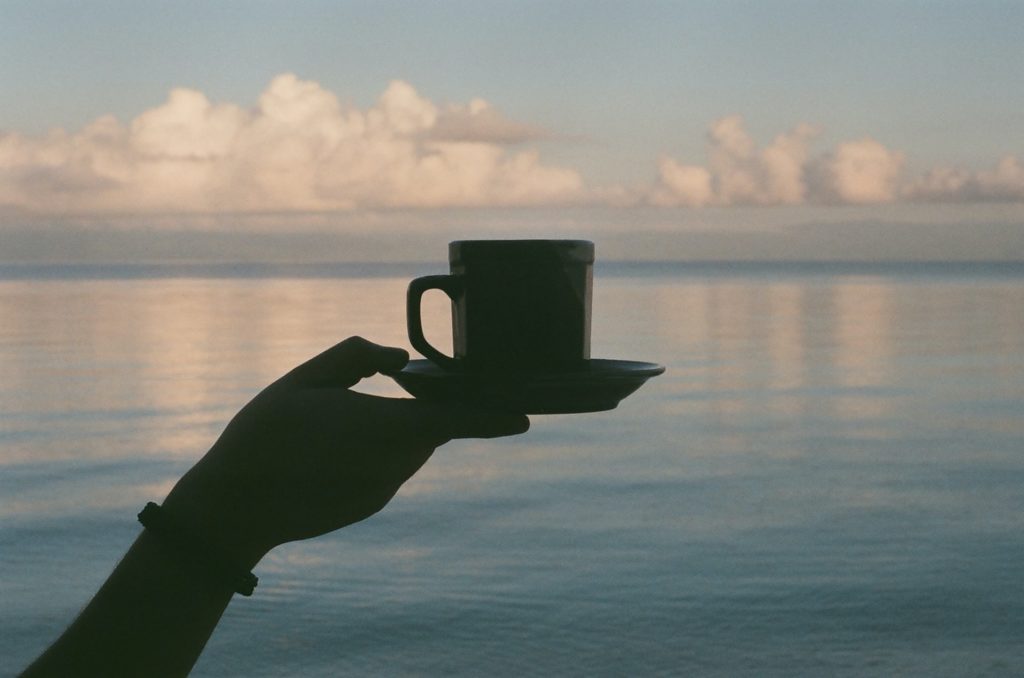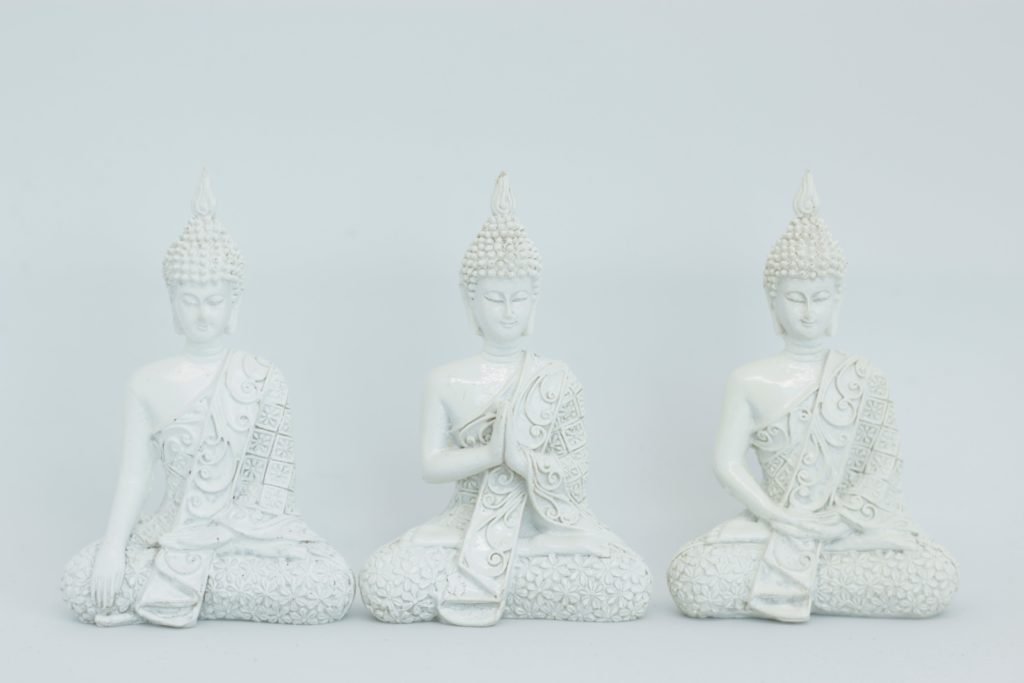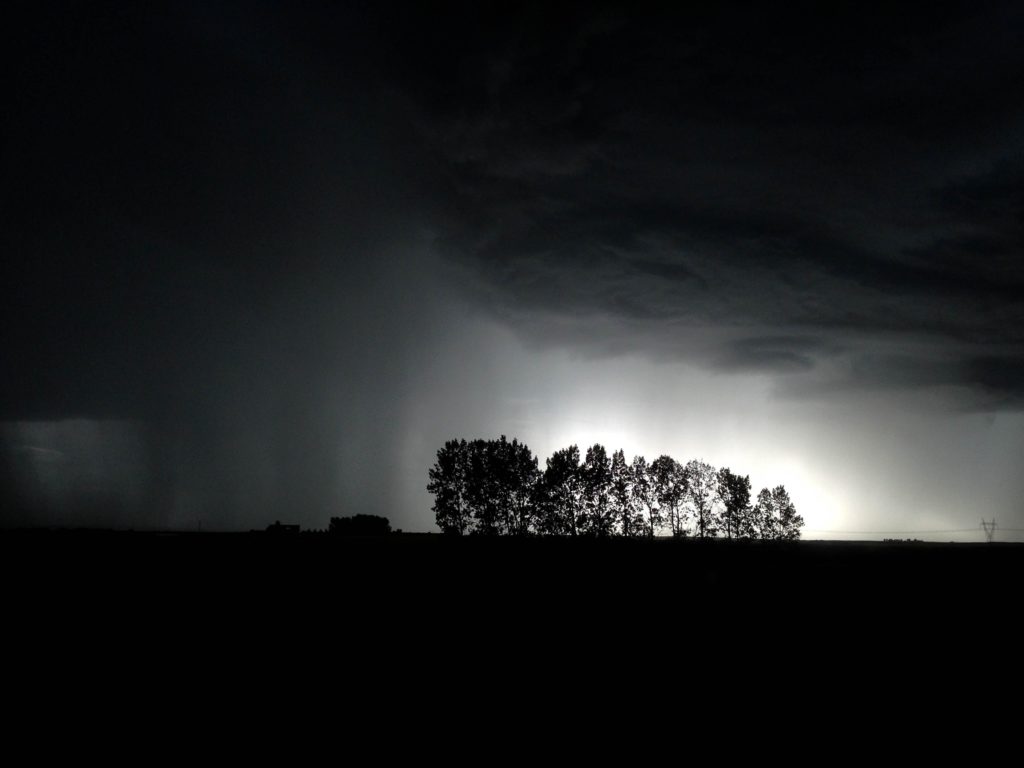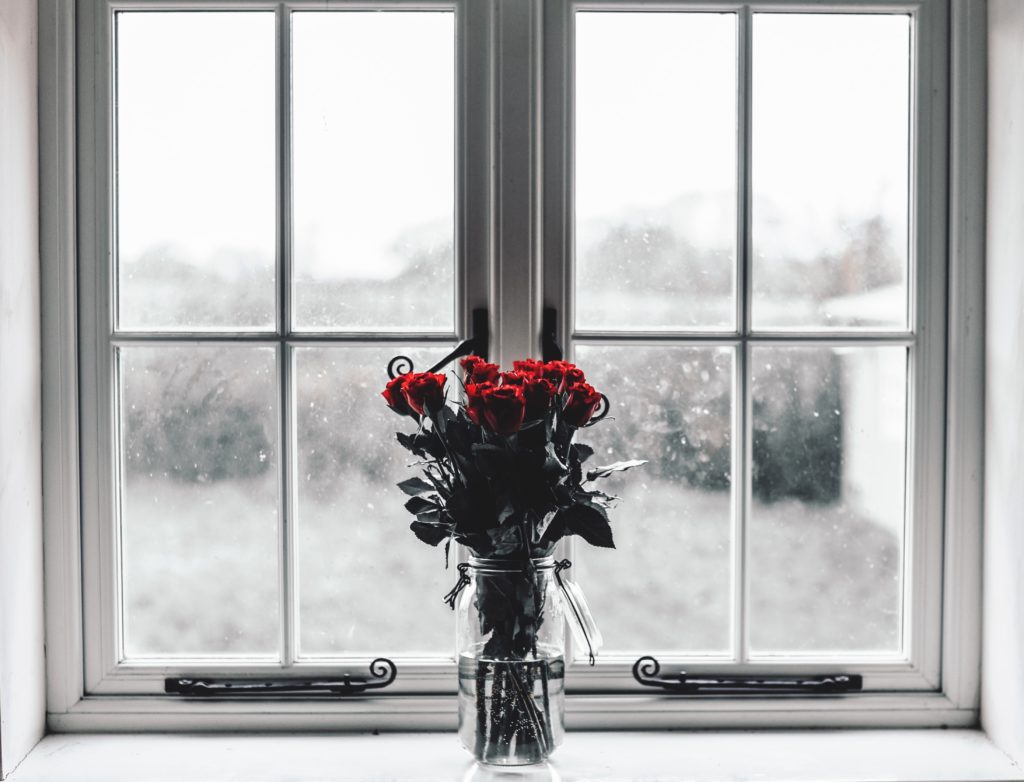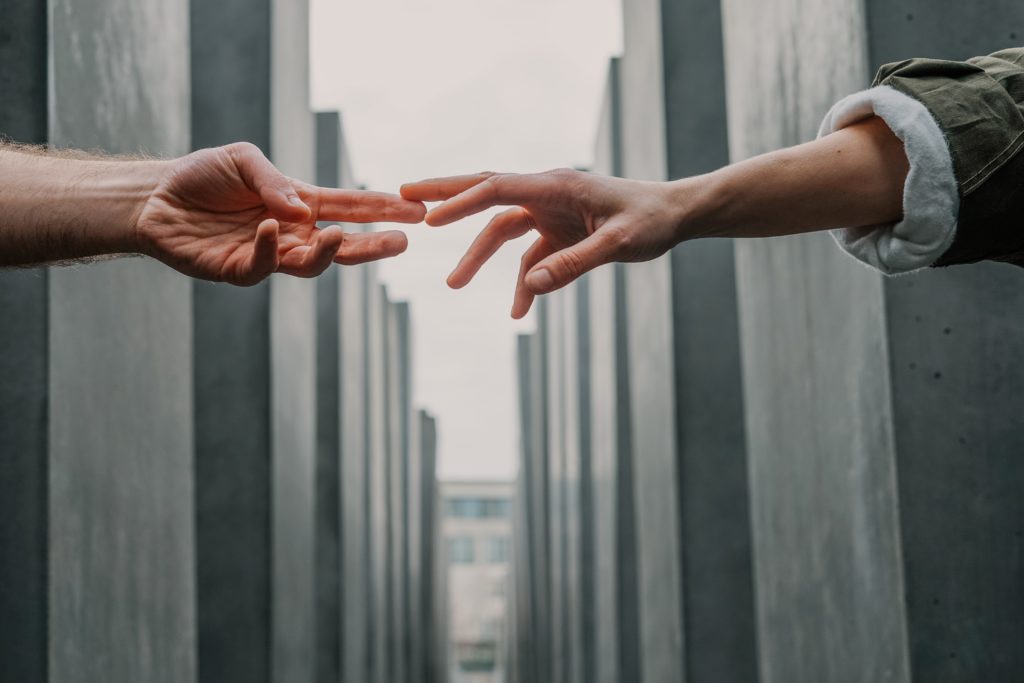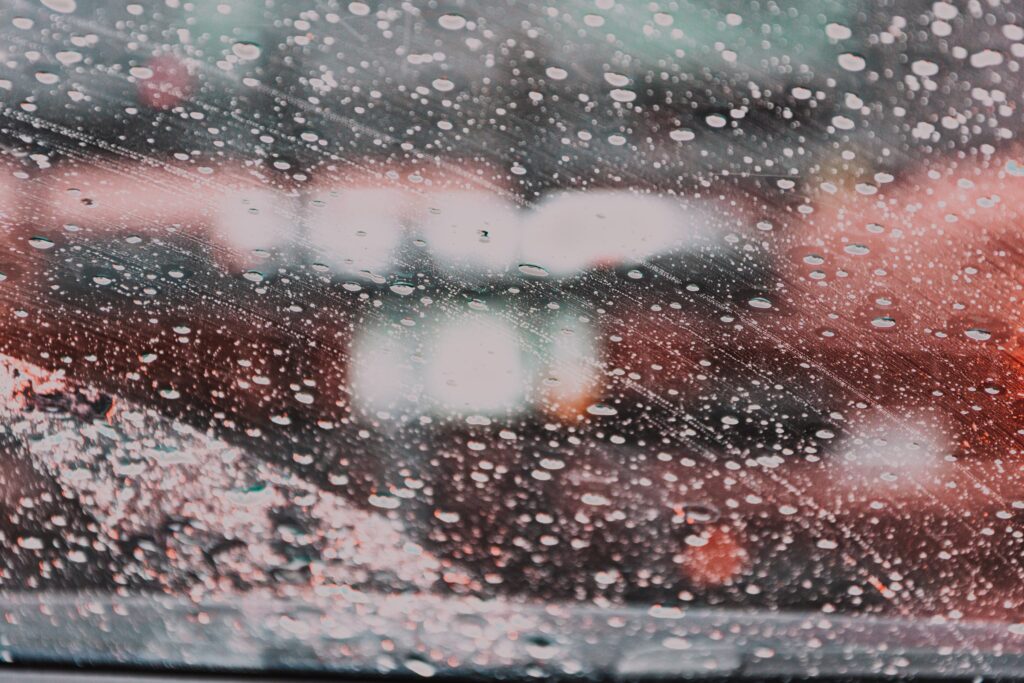
The other week I went to my bank’s ATM to make a withdrawal and it wasn’t working. I turned around and left to try again the next day. When I came back, the ATM still wasn’t working. It felt kind of weird, but I went inside the bank.
I mean, who goes inside a bank anymore? For that matter, who needs cash? Just the people who do things like me, I suppose.
There was only one person inside, a teller. There were empty desks and chairs where you might have sat if you’d been opening an account, applying for a loan, or purchasing a CD in the old days, but this one fellow was it. He was the whole bank.
The ATM isn’t working, I said. I felt like I should explain my presence.
I’ve heard that, he said.
He counted out the bills and I left. He was alone again.
I’ve thought about this since. I think about all the ways our world is different now, lonelier now, disconnected and isolated, and what the future will hold for the kids who don’t know any other kind of life. By that I mean a life with people that you meet and talk to, that you rely on, and that you trust in an everyday kind of way, even if you’re strangers.
A long time ago, in the ‘70s and ‘80s, there was quite a bit of controversy over something called a “neutron bomb.” It was considered especially efficient by the military-industrial types because it would kill people but leave (most) buildings intact. Reagan initiated production of the bomb but anti-nuclear protests put an end to it. The bombs were never used and the ones they made were dismantled.
But it feels like the aftermath of a neutron bomb anyway. Like the people are gone and an empty world remains.
Are you OK? Does anyone ever ask you that question for real, in person, in front of you?
As for me, I don’t encounter many people anymore. Oh, there are people most places but I don’t really encounter them. There’s a woman who works in the self-checkout area at the supermarket and I see her most days when I’m there. We recognize each other, smile and chit-chat. That counts as a pretty big deal.
Before the pandemic, I used to drive to a yoga class every other day and see the same people on a certain corner. If the light turned red and I was stopped, I would roll down my window and hand whoever was there a $1 bill. In those days, I always had at least a few $1 bills. They’d say thanks or bless you or have a great day and I’d smile. Sometimes, we’d even exchange names. That was what you called an encounter.
One day it was pouring rain and the corner was empty. I drove on through several more intersections until a light turned red. There was someone with a sign, someone I’d never seen before, but I had a $1 bill ready and I rolled down the window and gave it to him. He stooped down to see me through the open window, me with my head nearly as bald as a sick person’s, and he stepped closer, squinting.
Are you OK? he said. He was soaking wet without even an umbrella, let alone a home, and he was worried about me?
I had a clutch in my throat then, and I do now. I don’t think I changed his life, but he changed mine.
Are you OK? Are you OK? Are you OK?
###
Photo by Frames For Your Heart on Unsplash

